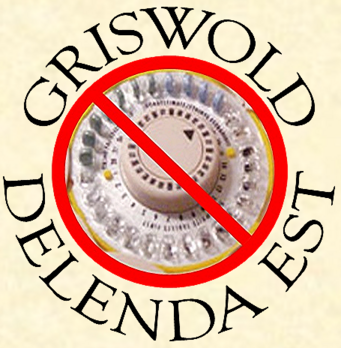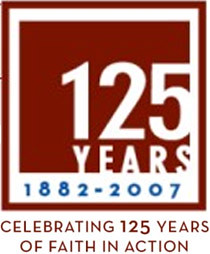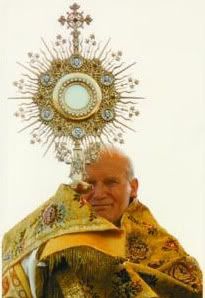Whether it is true that marriage is not a gamble
Whether it is true that marriage is not a gamble?
Objection 1: It would seem that marriage is a gamble, being as it is a part of life, and since, as the poet says, "every hand's a winner and every hand's a loser, and the best that you can hope for is to die in your sleep."
Objection 2: It would also seem that marriage is a gamble because its outcome relies upon contigincies that are difficult to predict and often impossible to control.
Objection 3: It would seem that marriage is a gamble because it requires that a man expend exorbitant sums of money with a very slight chance of return.
On the contrary, it would seem that marriage is not a gamble, for, as the philosopher says, marriage is a duel to the death. As a duel is, by its nature, a contention, then marriage cannot be a gamble as it is contrary to its nature.
I answer that marriage cannot be a gamble, since the outcome of a gamble relies upon chance, and is thus primarily outside the control of those who engage in it. Marriage, as such, is itself and in its course consists of human actions, that is, those derived from the will (see Secundae Partis, 1). Although one cannot, at the time of taking one's vows, foresee with certainty all events, mere unforeseeability cannot be sufficient to regard a thing as a gamble, lest let the meanings of words grow unmanagebly large. Rather, marriage, as the union of two rational beings, depends upon its course for the willful actions of its members. Thus, husband and wife maintain control over the course of their marriage through recourse to their will. Thus, marriage cannot be a gamble because its outcome can be controlled.
Reply to Objection 1. As has been shown, the poet's assertion regarding cards cannot be fully applied to the lives of rational beings.
Reply to Objection 2. The "outcome" of marriage cannot be in doubt, as our Lord has promised all necessary graces to spouses who seek them. Failings, then, can be ascribed only to the participants, and not made a quality of marriage itself.
Reply to Objection 3. It seems, rather, that this quality makes marriage a transaction, for the man expends wealth and gains a wife, and the associated goods and services, in return. He does not seek to recoup his monetary expenditure in kind, as he would in a gamble.
File Under: Miscellany








4 Comments:
Haha, cute.
Congrats again to you two :-)
That's very cool. Mind if I link to that post on my blog?
Pyro
Thanks, AI. :)
We don't mind at all. Thank you very much, Pyro.
I find it comforting that our actions within marriage can influence its outcome.
Post a Comment
<< Home